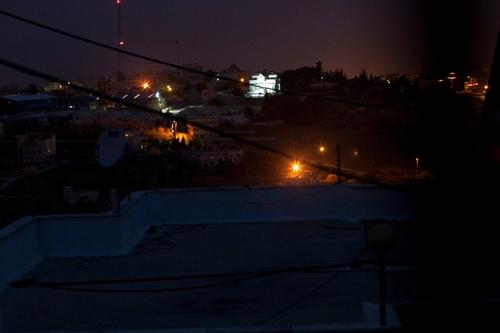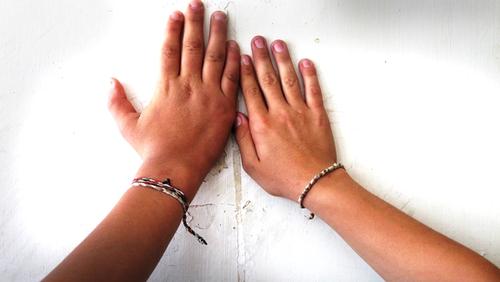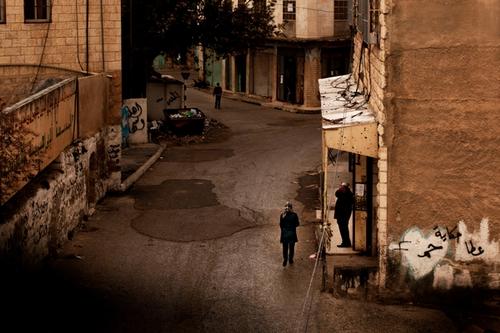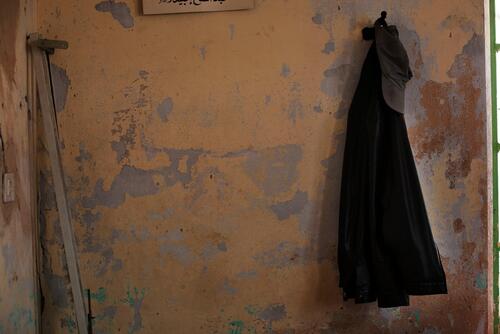During a freezing night in the winter of 2013, Israeli soldiers raided Ibrahim's house. “There were many, many soldiers surrounding the house. They broke the windows and the main door. They entered in a very savage way, they didn't allow anyone to talk, and they didn't care if there were old people or children. We were all forced to get out in the cold,” says Ibrahim. The family lives in a small community, of about 400 people, north of Hebron.
The soldiers arrested Youssef, Ibrahim’s 26-year-old son, and tied his hands and blindfolded him. Then they took Youssef away. During the arrest, according to Youssef, he was brutally kicked in his testicles, severely beaten, and humiliated and mocked by the soldiers. But that was only the beginning. He asked to be seen by a doctor who gave him a couple of painkillers and refused to examine him further. In prison he was put in isolation, and kept in a tiny room without ventilation where he couldn't even stretch out his legs. Youssef told the MSF teams that for 59 days he was subjected to continuous interrogations, with only a one-hour break each day. He was repeatedly beaten and afterwards moved to another cell with a bird (slang for a collaborator) who also tried to get information from him. A friend of his, according to Youssef, died while being tortured in prison. Youssef was finally transferred to another prison for seven months.
MSF teams worked with the family immediately after the raid and Youssef's arrest. Three weeks after his imprisonment, three members of the family were in need of psychological help: His father Ibrahim, and Youssef's mother and sister. Because of respiratory problems, Ibrahim also needed to be referred to hospital. Since the raid, Ibrahim stutters, something that never happened before the raid and the detention of his son. The family says that regular incursions into the area by Israeli forces mean they live with constant fear and worry.
Youssef's family asked MSF staff to visit him after he was released. The detention had dire consequences for him and his family. He couldn't work anymore, as he was still under medical care, putting financial strain on the family as he was a plumber and the family breadwinner. He couldn't sleep and now found it difficult to trust people so he had few friends left. He still owed money that he had had to borrow while in prison.
He started to get help from a psychologist, a doctor and a psychosocial worker. He still attends regular therapy sessions, travelling for more than an hour through different checkpoints to do so. While he is recovering at the local hospital from his injuries he is receiving more training as a plumber. He is now starting to see some hope and thinks he will soon finally be able to move on with his life despite all the difficulties.
Occupied Minds is a series of stories about Médecins Sans Frontières (MSF) patients affected by the Israeli-Palestinian conflict, people receiving assistance from MSF mental health teams in Hebron and in East Jerusalem. The stories are collected by the MSF teams. Occupied Minds seeks to reflect the reality of daily life under occupation for MSF patients and the people who treat them






